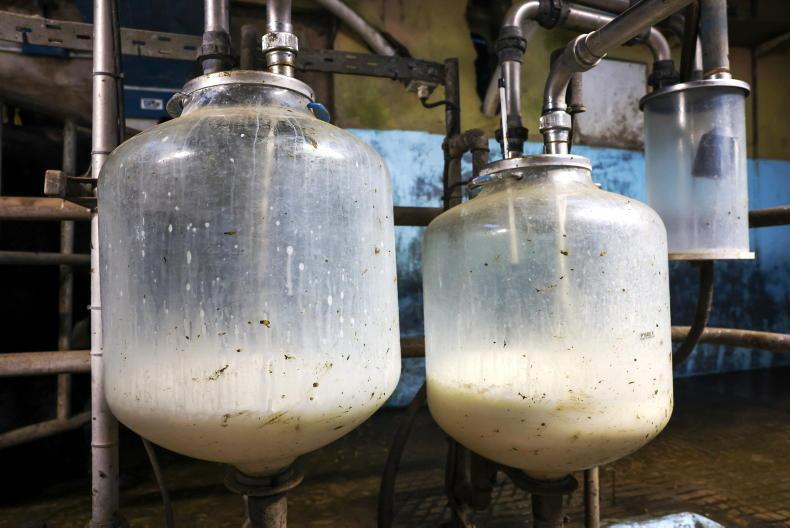A Supreme Court judgement which effectively insulates environmental litigants from the full legal costs in planning disputes has been labelled a “cranks’ charter” by the Irish Creamery Milk Suppliers Association (ICMSA).
The recent ruling found that litigants challenging planning decisions on environmental grounds may not be exposed to the entire legal costs in the event that their court action fails.
The Supreme Court judgement means that individuals and groups opposing planning decisions on environmental grounds are entitled to a special pre-emptive protective costs order (PCO) and cannot, therefore, be financially liable for the legal proceedings.
The judgement has significant implications for the judicial review of planning actions that cite European law.
Reacting to the court’s decision, ICMSA president Pat McCormack claimed the ruling had handed a “blank cheque” to individuals and groups who wished to oppose developments on environmental grounds.
Expensive process
He warned that the ruling had increased the risk of “an incredibly expensive legal process” for those seeking planning.
“The net effect of the Supreme Court judgement is that so long as the objection can be filed under any kind of environmental heading, then the State is obliged to cover all the costs associated with that objection,” McCormack said.
“Without trying to offend anyone, and mindful of the real environmental grounds that we recognise do exist, is this not a crank’s charter to just keep on objecting all the way to the ECJ [European Court of Justice] without fear of ever losing and having to pay so much as a cent?” he asked.
“That is ridiculous and we desperately need reality to be brought back into this debate and process,” McCormack maintained.
Challenges
While accepting that he was speaking as a “non-lawyer”, the ICMSA leader maintained that the Supreme Court ruling risked increasing the “already dizzying number of cases where the State was effectively funding legal challenges against its own decisions”.
McCormack cited the dairy processing plant at Belview as the most obvious recent example of this situation.
In its findings, the Supreme Court noted that under certain provisions of the Aarhus Convention, the State is required to ensure that environmental law proceedings are not prohibitively expensive.









SHARING OPTIONS